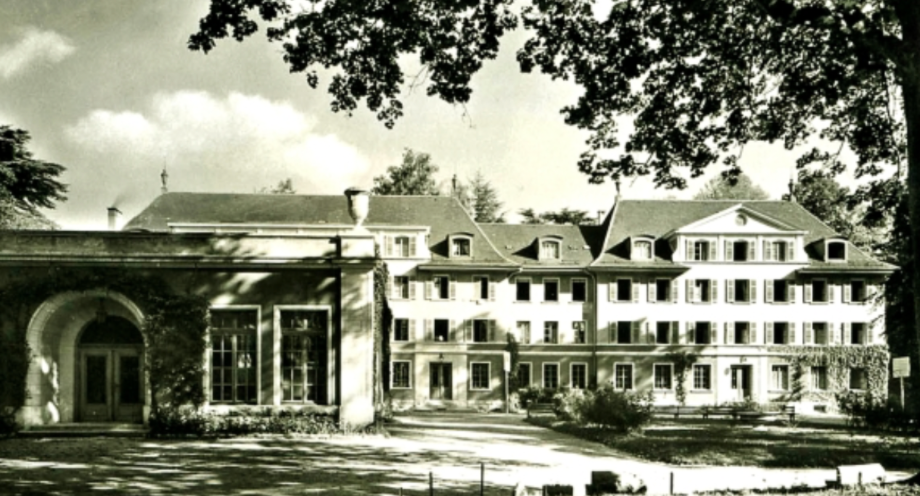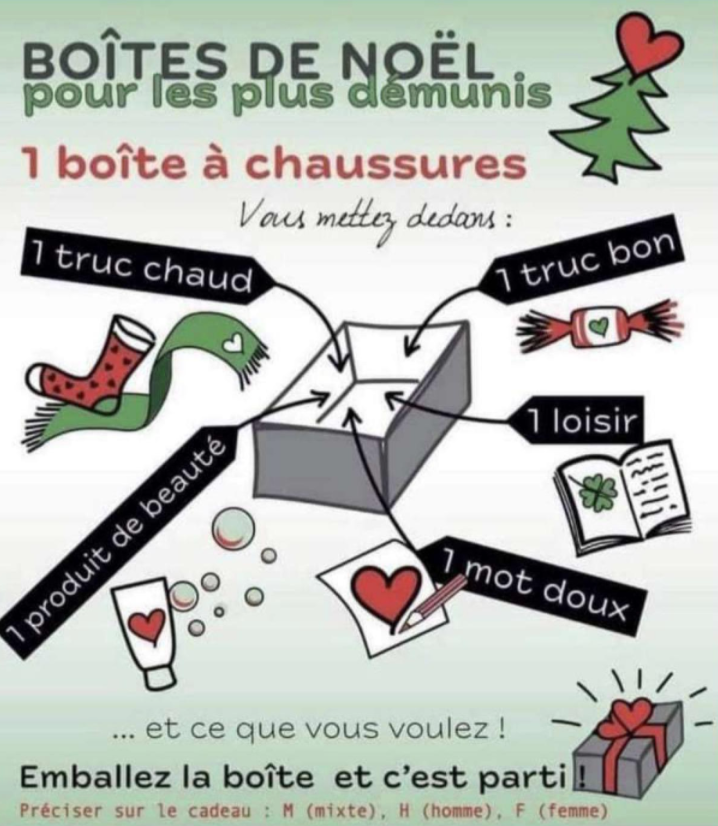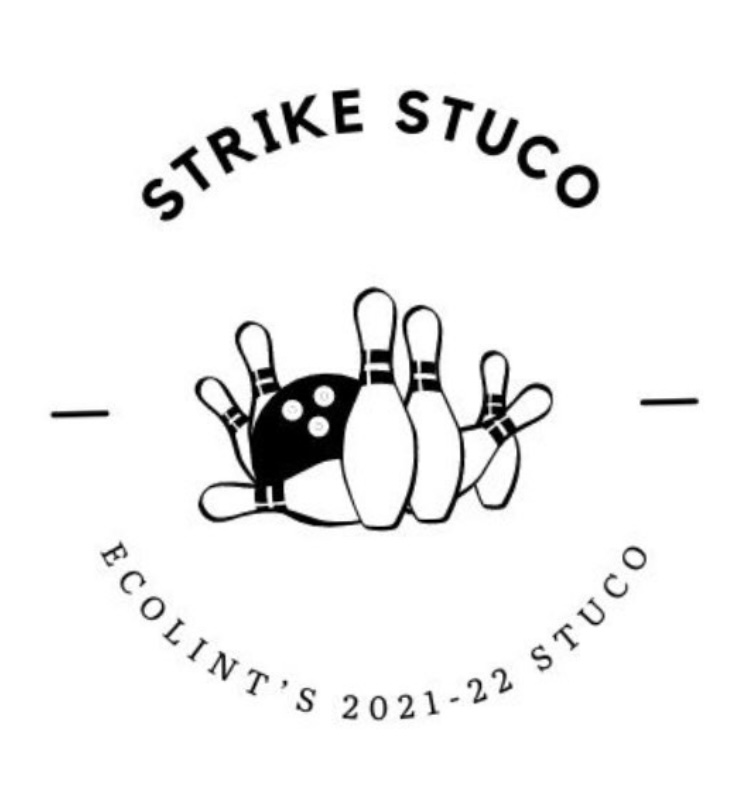By Ornella Attias and Tamara Najia, Year 10
One of LGB’s principles is to make sure students feel supported by their teachers. Teachers learn a lot about students by having them in class for a year or, sometimes, more. LGB has definitely changed over the years and luckily, some teachers are alumni. We were curious to know what changed from when they were students and how it compares to our lives as students today. Therefore we interviewed Mr. Uygur and Mr. Rodriguez to find out what has changed.
Mr Uygur who attended LGB for 13 years.
1. How would you say student to student interactions changed from when you were a student to now?
It is very difficult for me to tell because when you are a student and when you are a teacher, the school looks like a very different place. When I was a student, teachers were like the “bodies of knowledge”. The world you live in is very different now. You all are on your phones all the time while we used to be outside. We would have a routine of coming home, getting homework done, and then our moms would kick us out of the house and we would play outside until dinner was ready. When I came back as a teacher, some of my old teachers became my colleagues which felt quite weird. When I used to attend this school, 60% of the students were American. The school has evolved a lot since then and now presents many more nationalities. I cannot answer this question because I now have a view of the school from a teacher’s perspective so I am not able to compare how students interacted then and now.
2. Did you see yourself becoming a teacher at Ecolint when you were younger / what or who inspired you?
I actually always wanted to be a medical doctor and I wanted to help people. That was all the way up until year 11 and then I wanted to be an electrical engineer and I had no idea why. When I got to university I studied computer science. I ended up doing 13 different jobs and had retired before becoming a teacher at Ecolint. How I found myself here was that Ecolint needed a replacement teacher, so I came, and that was 20 years ago. I do this for fun, but I love it.
3. What was a program that used to exist in Ecolint but doesn’t anymore that you would like to see again?
In the olden days, parents and teachers were much more involved in the school than now. One of the things they organised was throughout the whole winter, as soon as the ski stations opened, every Saturday, there would be six or seven buses out in the courtyard and all of LGB would go up to some ski station to ski all day. The tickets, the buses, and the money were all organised by the PTA.
4. Having worked at the school that designed the IB system and having gone through it, is there any advice you would provide to kids who will be taking the IB shortly?
One of my history teachers was the one who started the idea for the IB, Mr Knight, and again like I said with the skiing, teachers and parents really made the IB happen. It started in this school and then it became a separate organisation. So when I did the IB there were only 8 schools in the world doing it, now there are 4000. When I went to university, the IB wasn’t known so I also did my SAT, my A levels and O levels and that’s how I got to university. Now universities, if you do the IB, they don’t even look at anything else you got, so it is really a key to good universities. Now the thing is the IB is difficult. The reason it has value is that, what they do is they want you to learn the concepts which means that when you get the exam they will give you questions that you have never seen before, but these are questions that you can answer using the concepts you learn which is difficult. But the flip side is when you’ve done your IB, universities will say “Ah you know how to think” and that is why it is valuable. So here is my advice “The days that you feel it’s difficult realise that in the end, it’s worth it” because this is what’s gonna get you a place above the other people who haven’t done the IB.
5. Describe one thing that you love the most about your job.
I would have to say, you guys every year, I love this part of my job. Every year when I get a new class I go around and I ask “where are you from?” or “what’s your nationality?” and then, for example, a student says “my nationality is South African” and I ask where did you grow up? “Oh I was born in Greece and I grew up in India then we went to Hawaii and now I’m here”. This is a typical student here. You guys grow up with this and you think that’s normal. Then you go out into the world and to university and everybody has much narrower points of view than you have here. And it shocks you and I think that’s a good thing, I would much rather that my students and my children be shocked by the fact that the world is small and they go out there wanting to make it bigger than the other way around.
6. What one word would you use to define Ecolint during the days you were a student, and what one word would you use to describe Ecolint today?
When I was a student, fun. I would use the word fun, and today I think it’s still fun but it has become complicated. If you look back at my dad, he went to university and when he came out in the 1950s, for every job that he was interested in there were 100 companies who wanted him to go and work for them. When you guys get out of university for every job that you want to do there will be 1000 other people who want that one job. It’s complicated in terms of the pressure it puts on you. So in the olden days having a degree was, you made it. Today having a degree means you need another one and another one, and experience and you’ve got to keep fighting. The flip side is that if my dad wanted to do something like, start a company or build something he wanted to sell all over the world he would have to be super rich or he would have to work for a company that already did that. Today, you guys can invent something new nobody has thought of, you can design and make a product and you can sell it worldwide from a garage.
Mr Rodriguez English teacher who attend Ecolint from 1963 to 1972
1. How would you say student to student interactions changed from when you were a student to now?
The interactions from student to student have changed very little. They are pretty much identical. I attended LGB from 1963 to 1972 and the way young people relate and interact with one another is very similar. When I look at my students who are 13,14,15,16 and 17 I can see myself in them at that age.
2. Did you see yourself becoming a teacher at Ecolint when you were younger / what or who inspired you?
No, not at all. From a student’s point of view, a teacher is the last thing in the world you would want to be. The attraction of teaching is something that I was only able to understand after two university degrees. What I was passionate about was literature, and one of the most beautiful ways to continue working with that is teaching and transmitting your passion and joy to others. For most students teaching is not “cool”. You need to have a lot of maturity to understand what is important about teaching and why it is interesting and rewarding. It is also a beautiful thing to not be making money for other people and to simply be spreading understanding, wisdom, and I believe that that is a beautiful thing to dedicate your life to.
3. What was a program that used to exist in Ecolint but doesn’t anymore that you would like to see again?
Two subjects that have disappeared are Ancient Greek and Latin. Ancient Greek would be difficult to maintain but Latin, although it is still taught by Ms Freeman, very few students do it and quite often she has a class of 4 or 5 students. Latin used to be an important subject and was very useful.
4. Having worked at the school that designed the IB system and having gone through it, is there any advice you would provide to kids who will be taking the IB shortly?
I was in the Greek theatre when Lord Mountbatten, the last viceroy of India and a world war II hero presented the very first IB diplomas on the 24th of september 1971. It was in the greek theatre where I witnessed that and I was one of the first students doing the IB which in those days took 2 and a half years not 2 years because you started halfway through year 11 I thought it was kind of exciting choosing your HL subjects and your SL subjects and that’s what you have to think about carefully when you’ve reached year 11. Those choices will start determining what you end up doing in university and what you might end up doing the rest of your life. For example, I thought I was going to be a scientist so I chose HL Chemistry and Biology but I also chose HL english because I loved English. The way things worked out, because of my parents moved around the world after I left Ecolint, I ended up specialising first in Law and then in English Literature, not in the Sciences but I didn’t waste my time as a HL Chemistry and Biology teacher because what I learnt in the IB still serves me well today. So i’m very glad i did Sciences at HL but ideally you will already have a pretty good sense of what you are going to do at university and that isn’t an easy thing to decide at the end of year 11 but the IB gives you enough flexibility to change your mind afterwards but in the best possible circumstances. You should try to prioritise at HL subjects you are most enthusiastic about, I think it’s a mistake to do at HL a subject that you feel unenthusiastic, reluctant about and think “I’m going to do it because my parents think I should do it” or “I’m gonna do it because i think it while lead to something good but my hearts not in it”, I think that’s mistake I think you should chose subjects you relay feel passionate about and that’s a better recipe for success.
5. Describe one big challenge you faced as a student that you’re glad the students at Ecolint today don’t have to face?
Physical education was more demanding when I was a student, in that all the PE teachers were quite nice, it was more sports than Physical education.Today in PE your teachers basically want you to be healthy so it’s not about athletic performance so much. Athletic performance is welcomed but if you are a student who is not great at sports, that’s okay, they basically teach you how to be a healthy person because we need to be physically healthy, it’s not just about what is happening in our brains we also need to take care of our bodys and I think they do that in PE now.
When I was a student, PE was much more old fashioned. It was all about the kind of spectacular things you had to do: jumping backwards over objects, climbing ropes, running marathons or high jump. It was very demanding. And there was also, for boys, a locker room mentality that was a little bit intimidating. For example, the locker rooms under the Grand Batiments, those were our showers and the PE room and we all had to get into that, so when your 12-13 years old, that’s kind of intimidating and at that age there are kids of all different sizes and shapes and stages of development, some of the kids really suffered having to go into a place with kids their age that look different to them, it was a bit tough. That was the way it was back then, sports was kind of a subject supposed to be for boys at some rate to show toughness, to be spectacular and macho and there wasn’t much accommodation for students who were physically less secure or timid or just weren’t very good at sports so for me, that’s the main thing otherwise its very similar.
6. What one word would you use to define Ecolint during the days you were a student, and what one word would you use to describe Ecolint today?
I’d use the same word, humane. It’s a school that has always cared about the wellbeing of the individual, that is gentle and kind and understanding. Sometimes the school takes disciplinary measures but only in extreme cases. The school always tries to understand the students point of view. From the day it was founded in 1924, this is a school that is student centred so it’s not just about applying in a kind of military way the schools expectations on the students, it’s about understanding the students perspective and making sure the student understands what he or she is doing and is comfortable and that the students anxieties and emotions are taken into account. There is a lot of respect and kindness and the school was kind when I was a student and it’s kind today and not all schools are by any means especially not when the school began in 1924, most schools were military academies back then . In a sense the Ecolint model has spread throughout the world because a lot of it started here. So humane, it’s the most important thing. It’s a school that cares about educating for peace, it started with that mission and it’s still continuing that mission and international understanding and respect and brother and sisterhood. It’s all about that and it’s a school that has the world record of nationalities. I felt very comfortable back then interacting with students from so many different cultures, religions,nationalities, ethnic groups that was absolutely natural and it still is and that all together is a beautiful thing and the most important lesson to be taught. So humane would be the word, it cares about humanity as a whole and it cares about the individual.
To compare and contrast the differences from not only our school then and now but the world then and now shows us that as time goes by things evolve and develop. It shows us everything we students should be grateful for. We thank Mr. Rodriguez and Mr. Uygur for their wonderful comments and for allowing us into the lives of Ecolint students in the past. We hope that students today will learn something from this article and perceive Ecolint in a new, brighter light.



